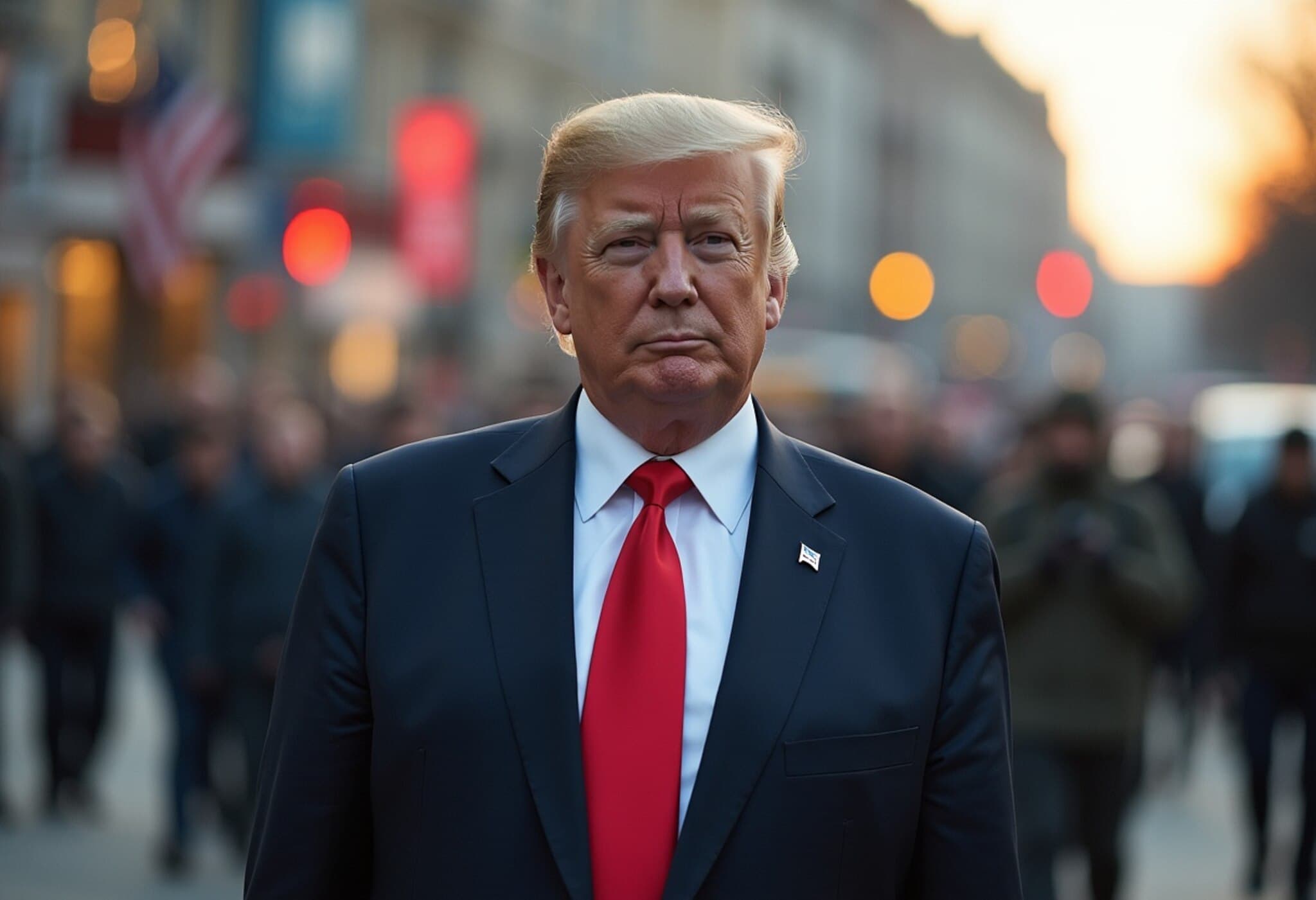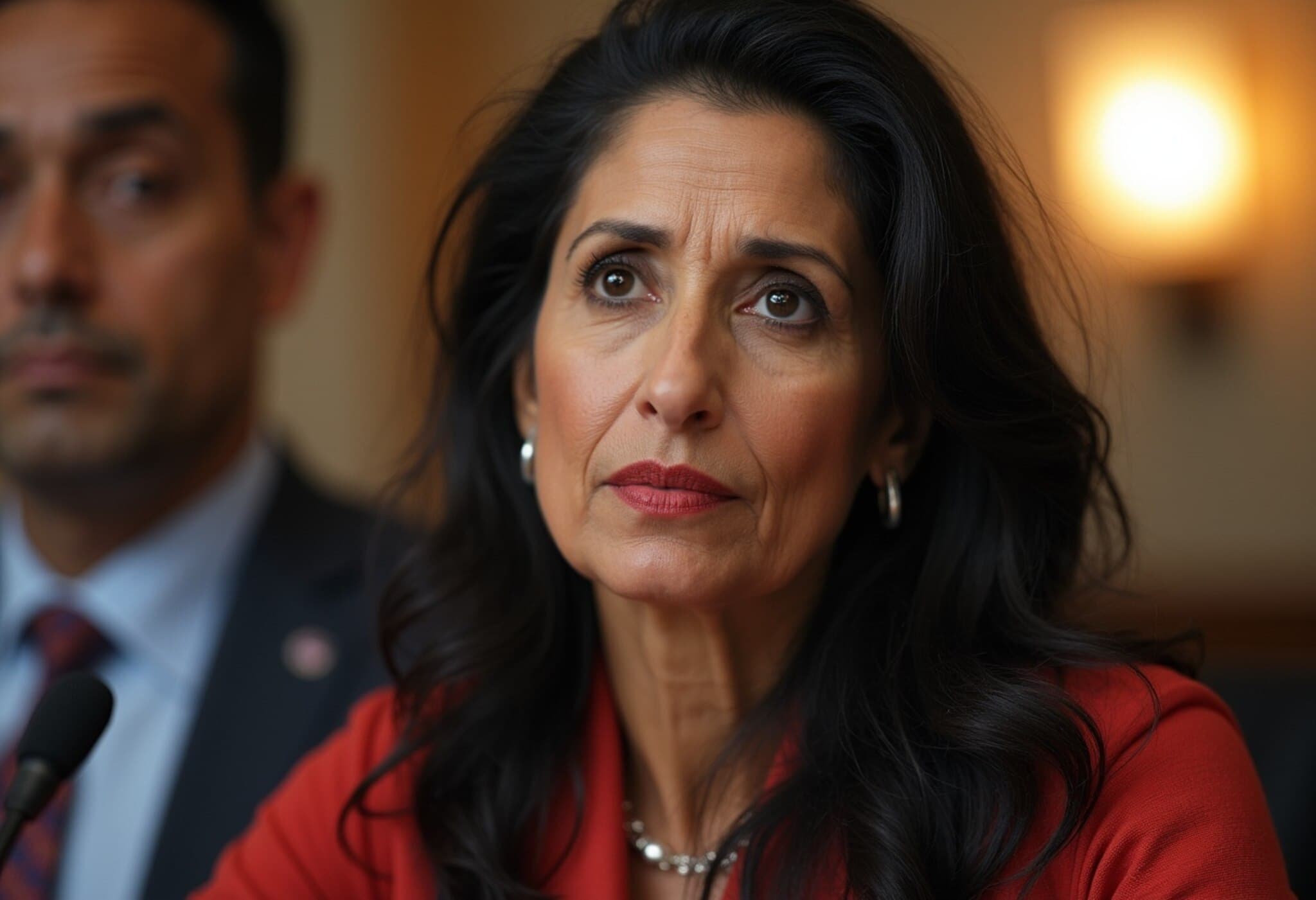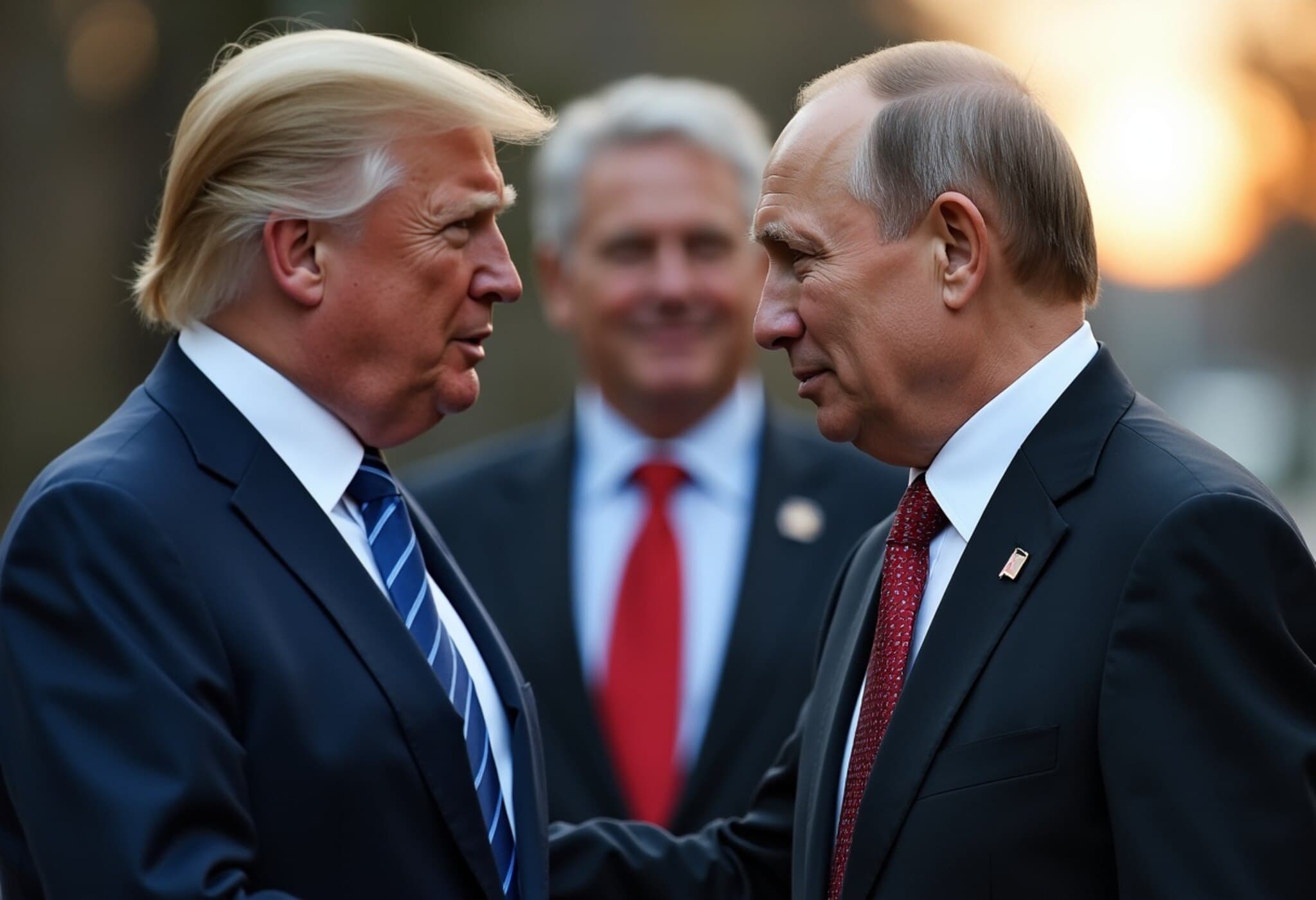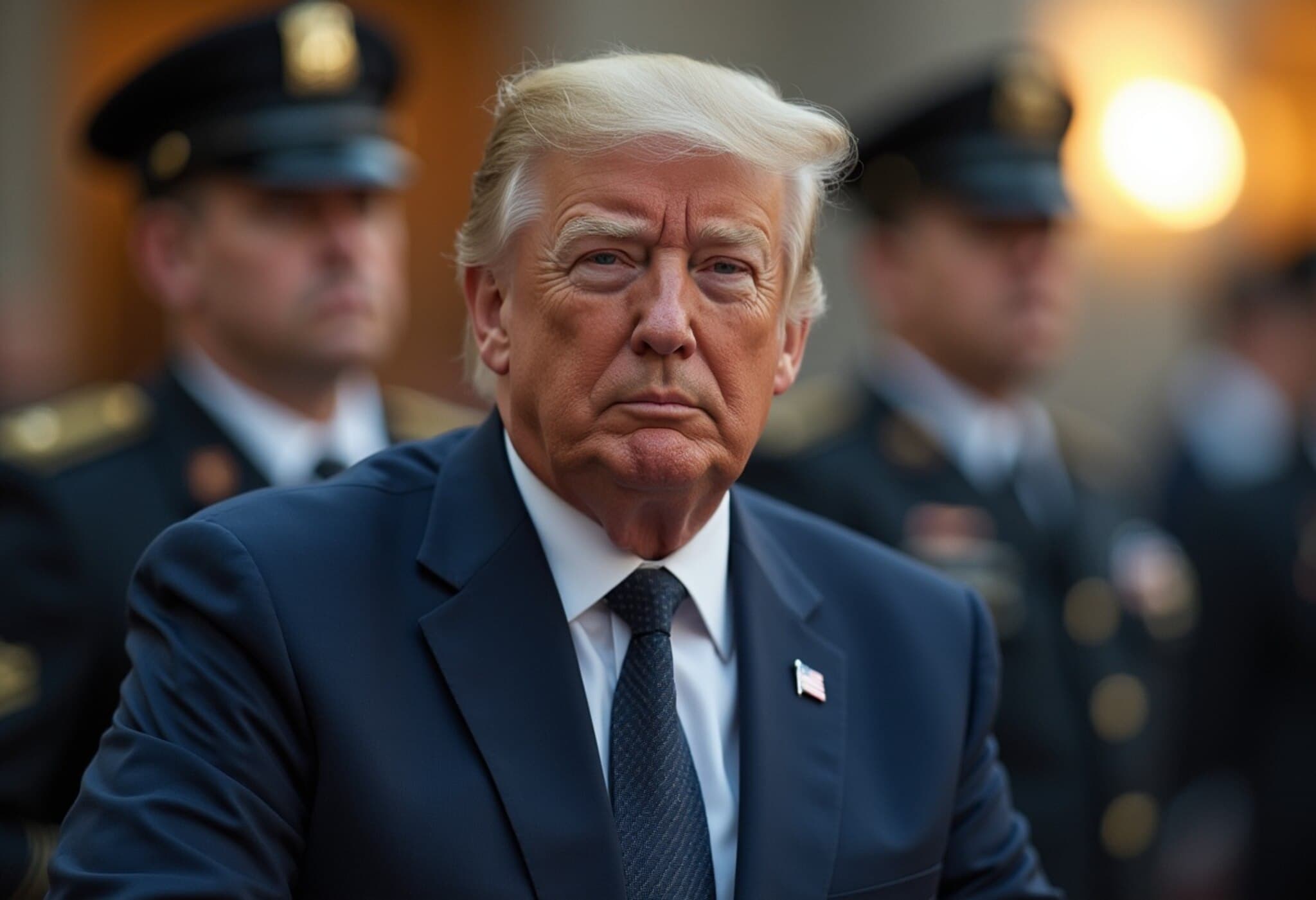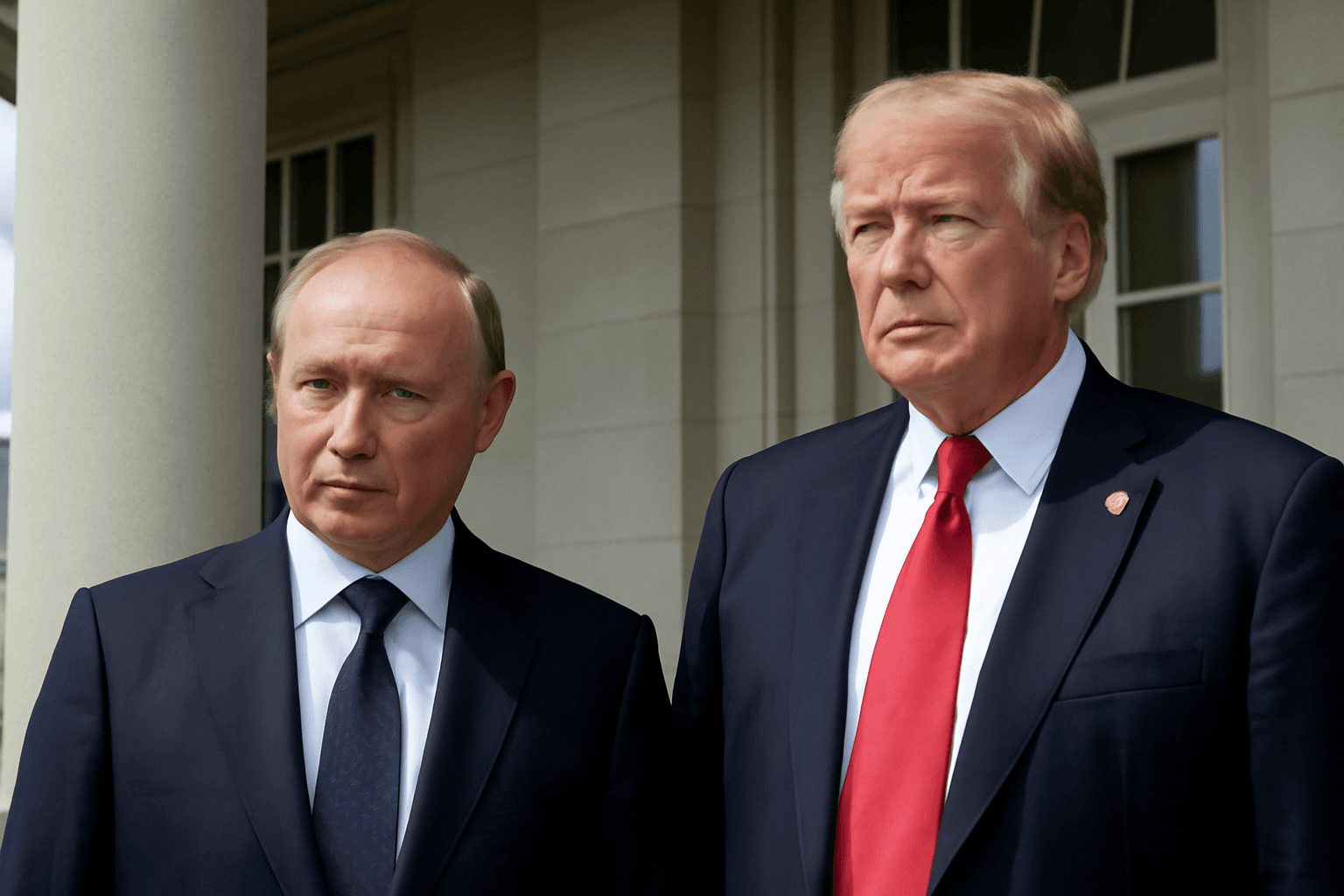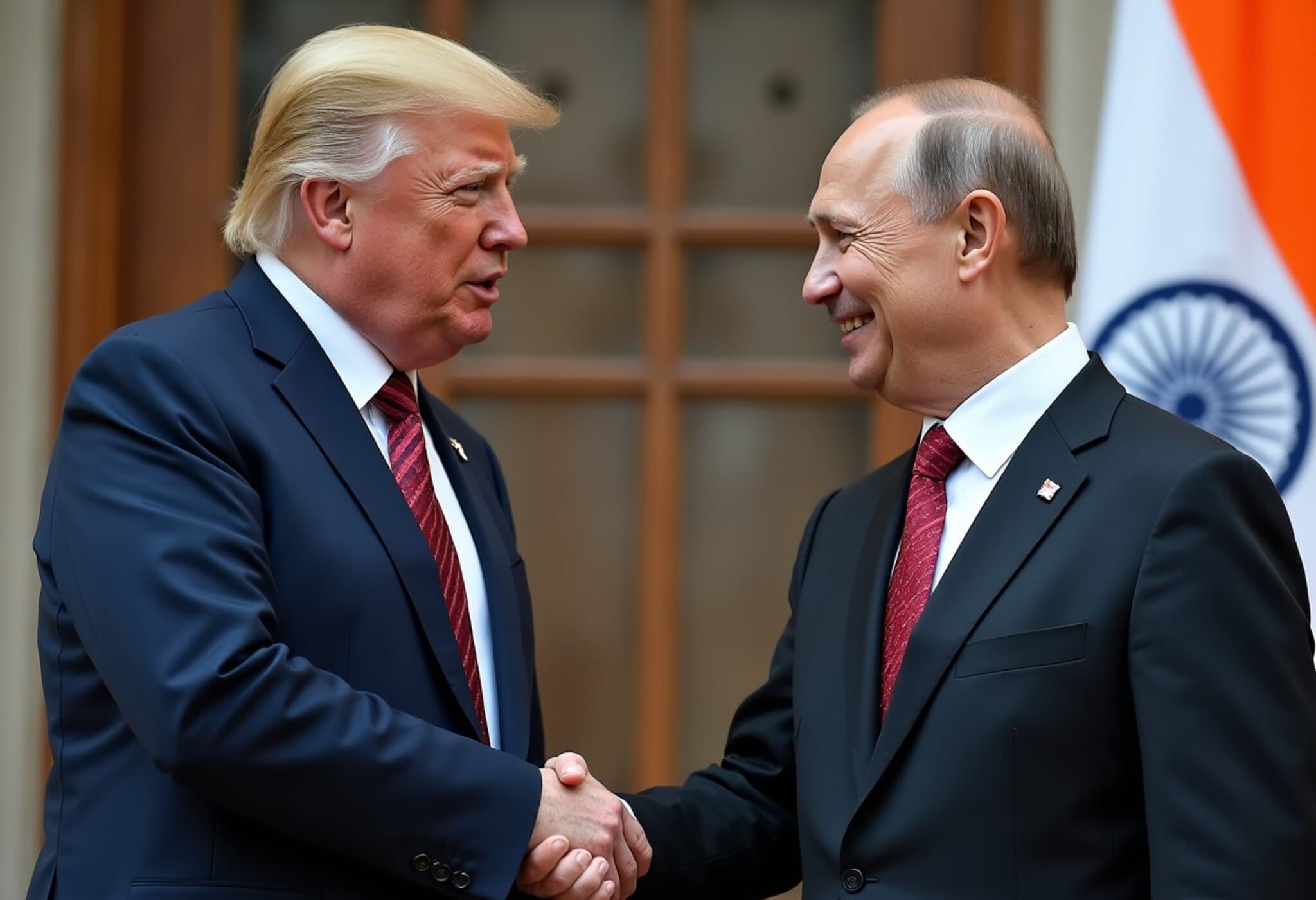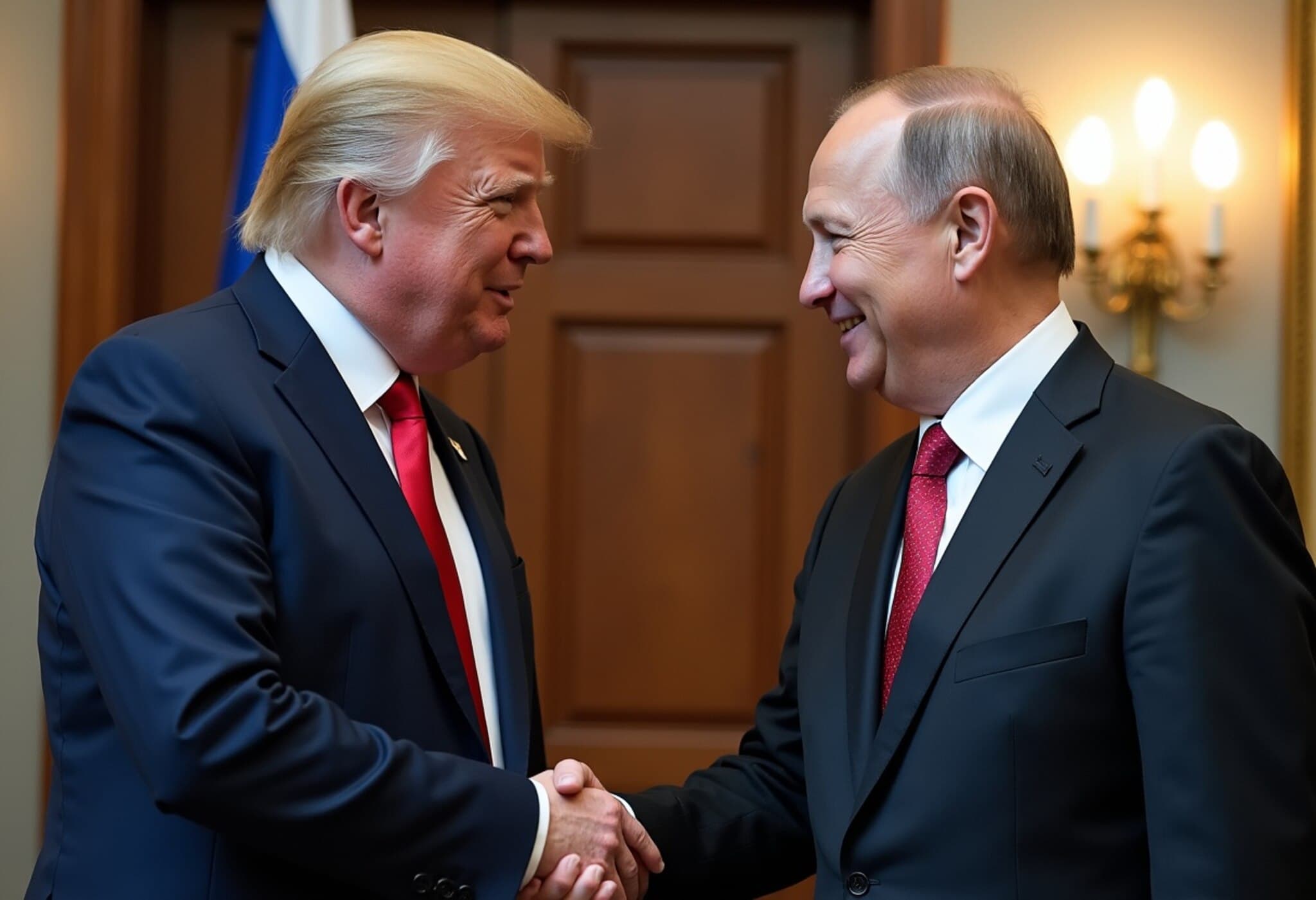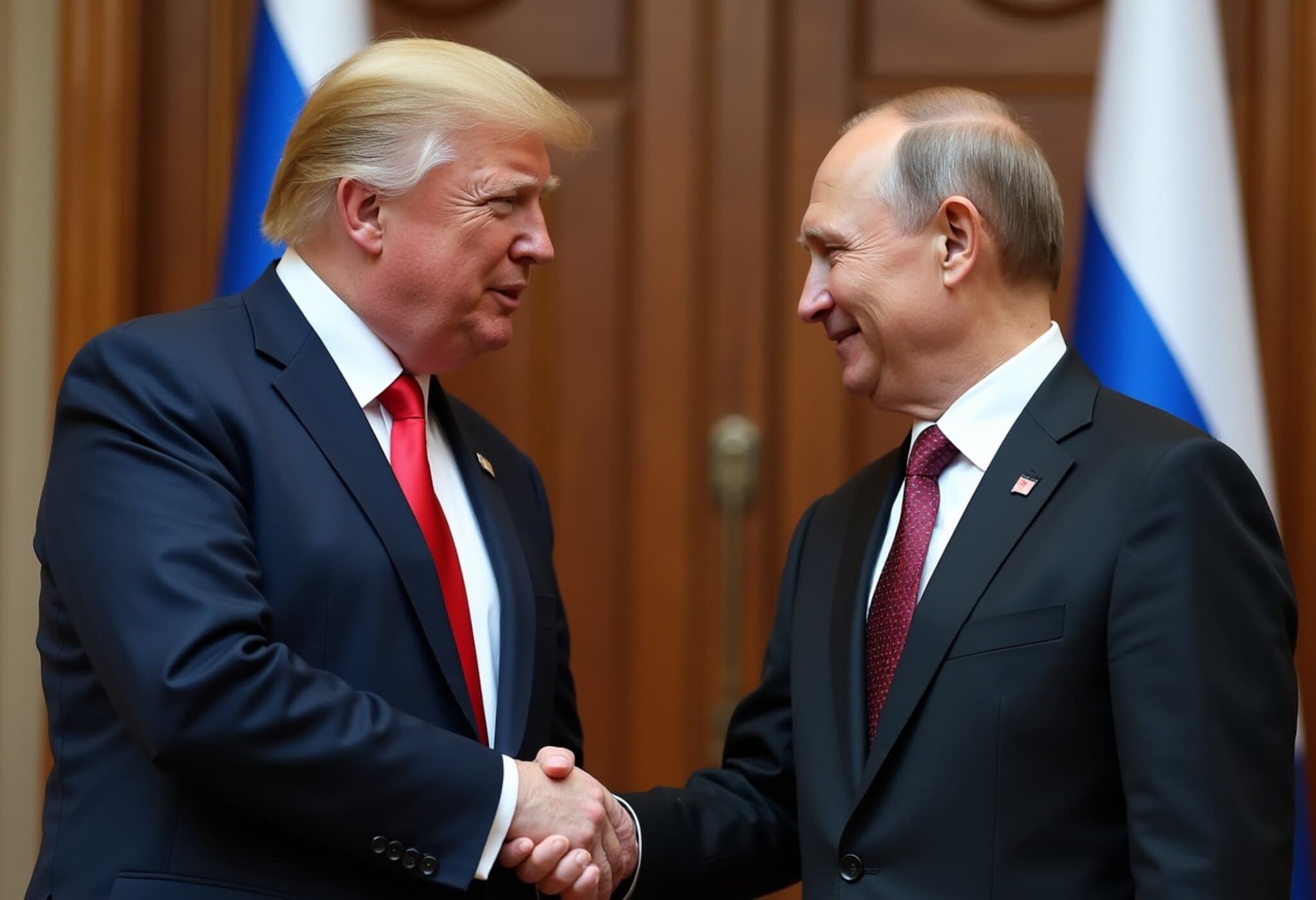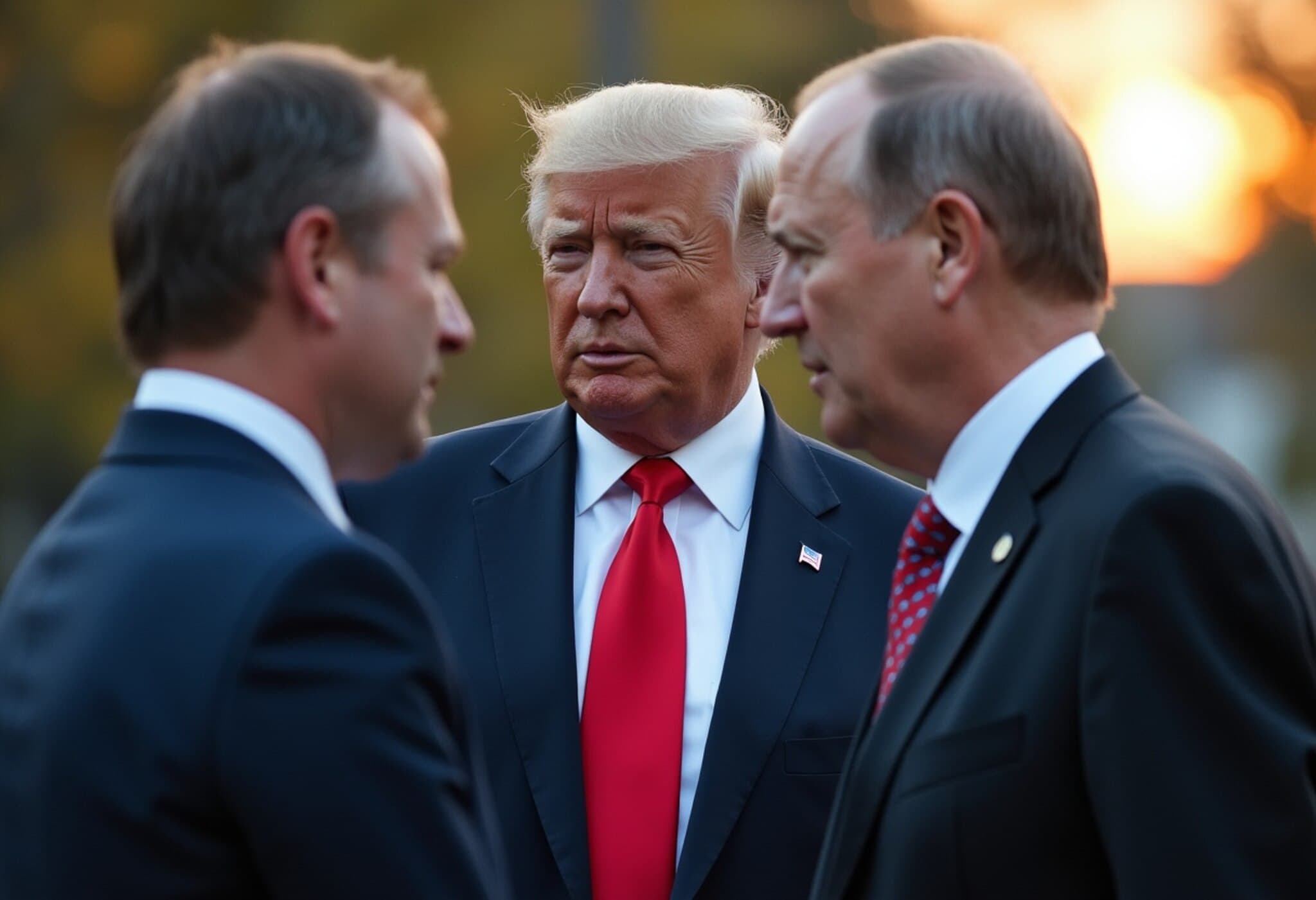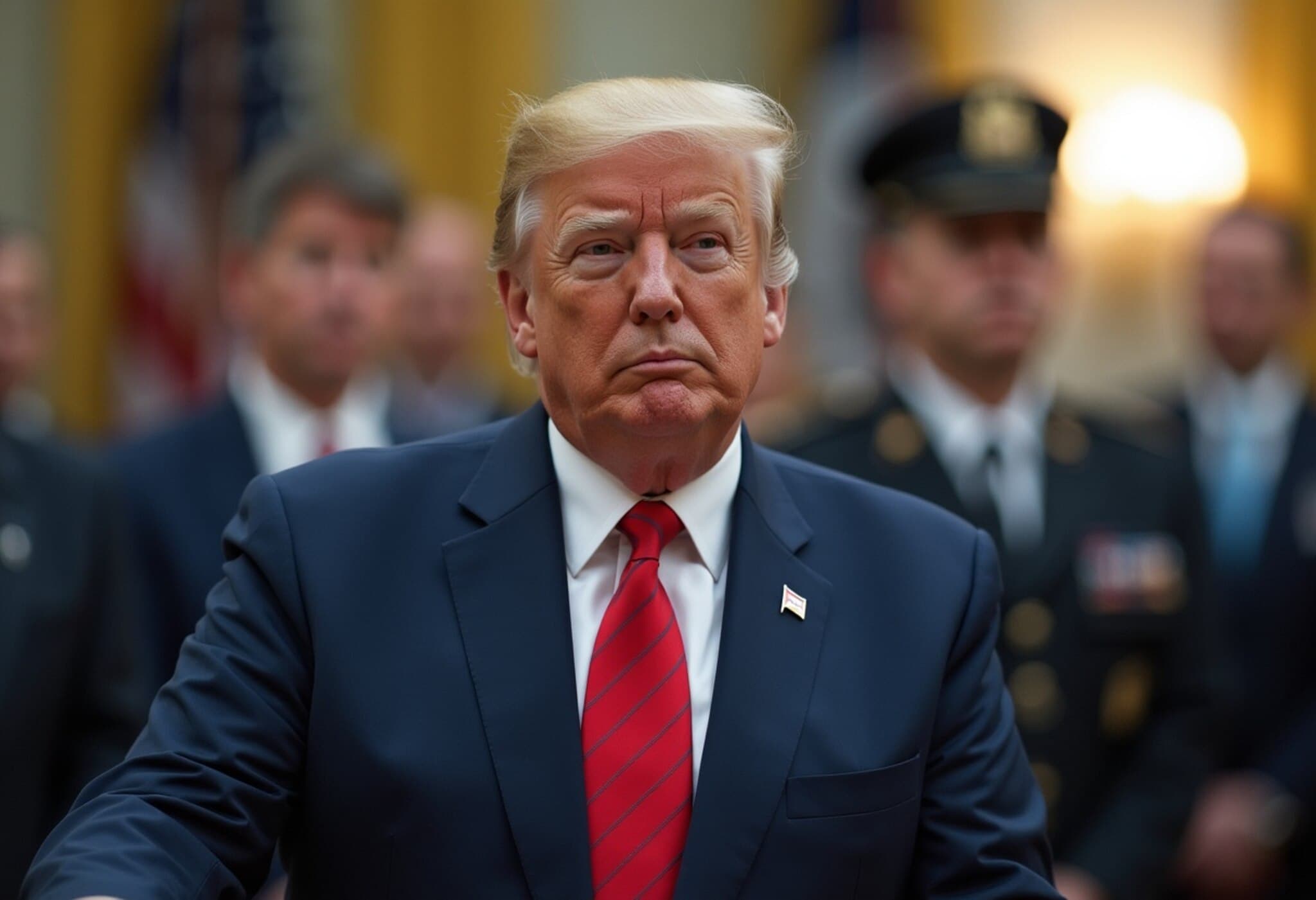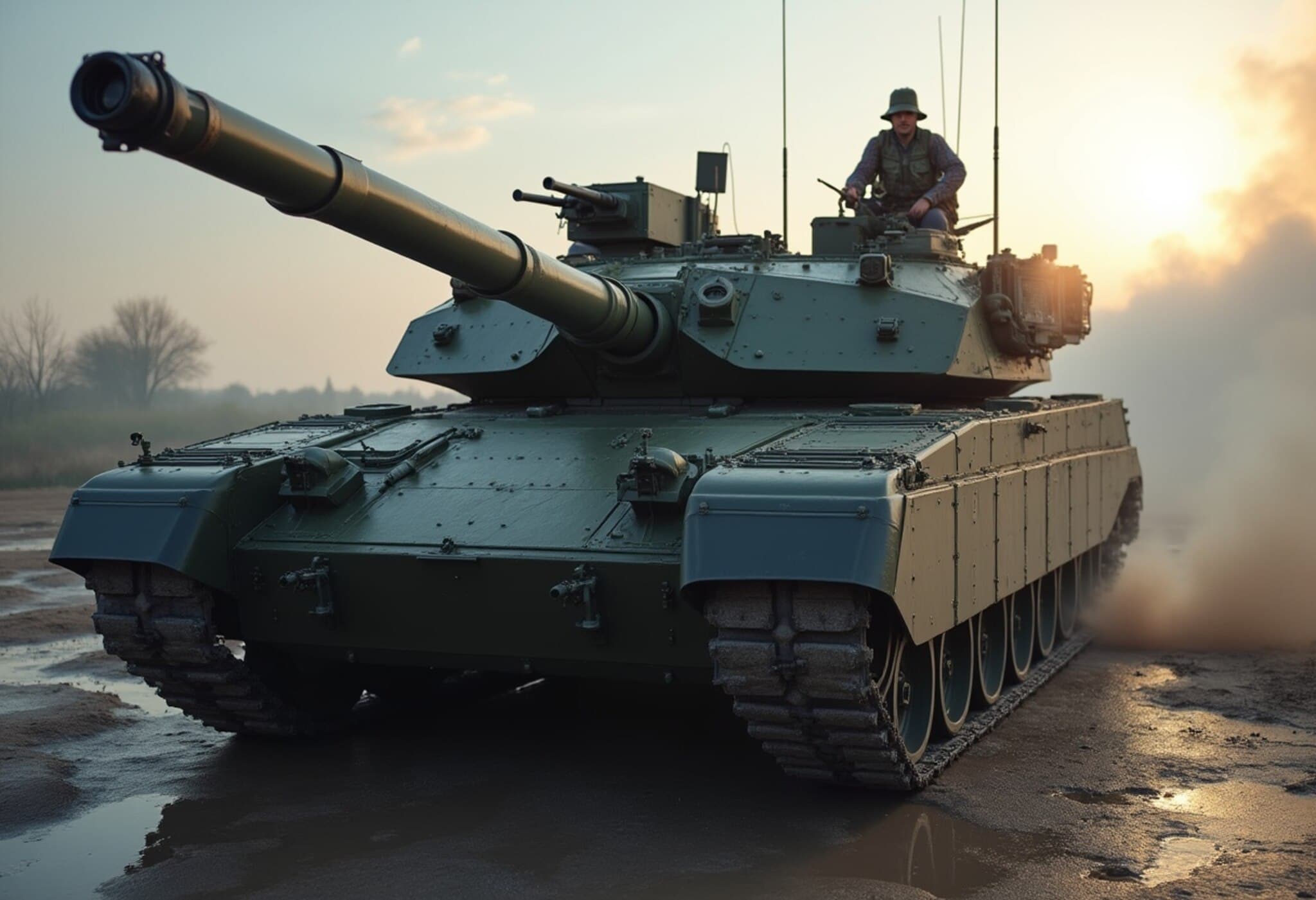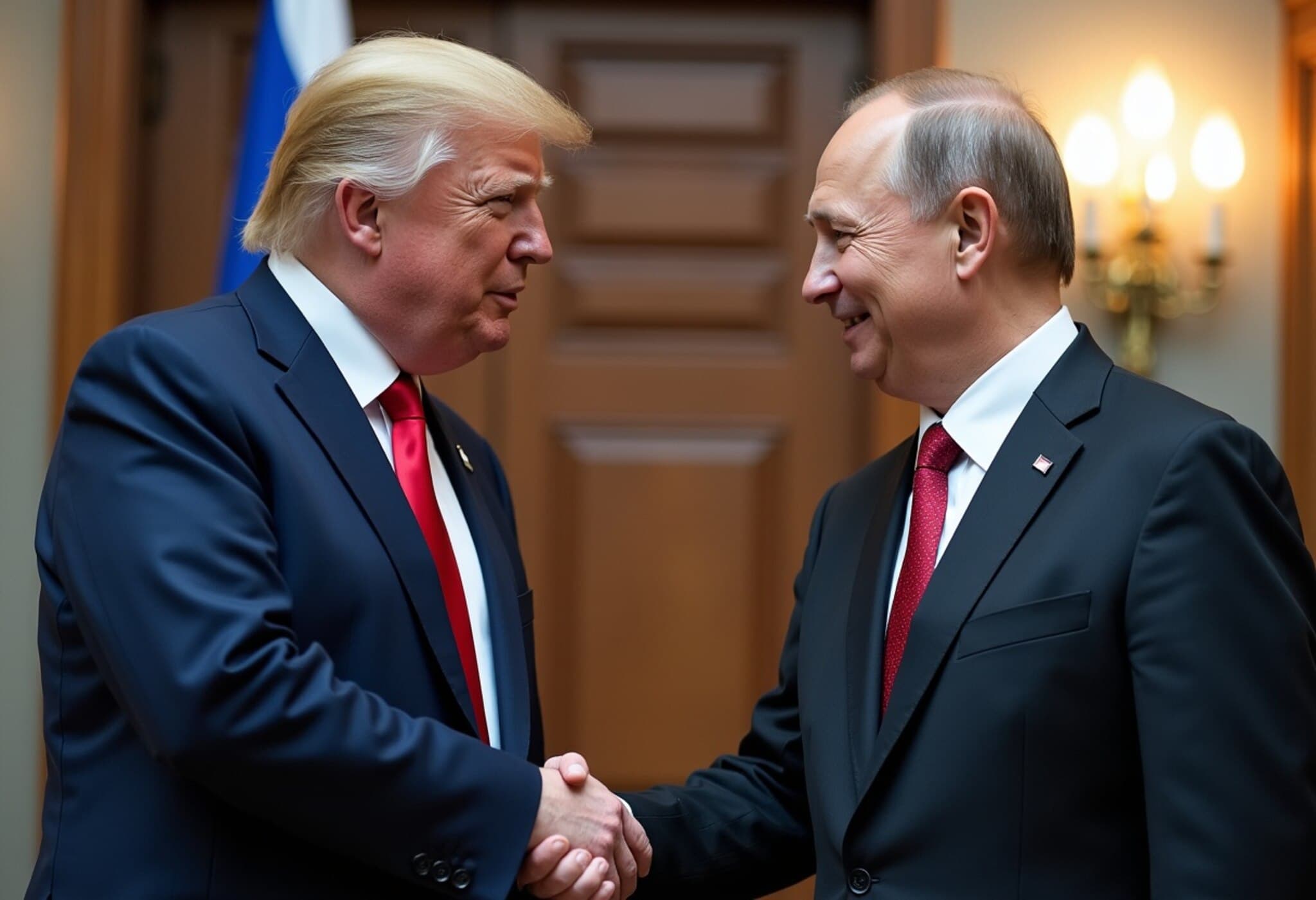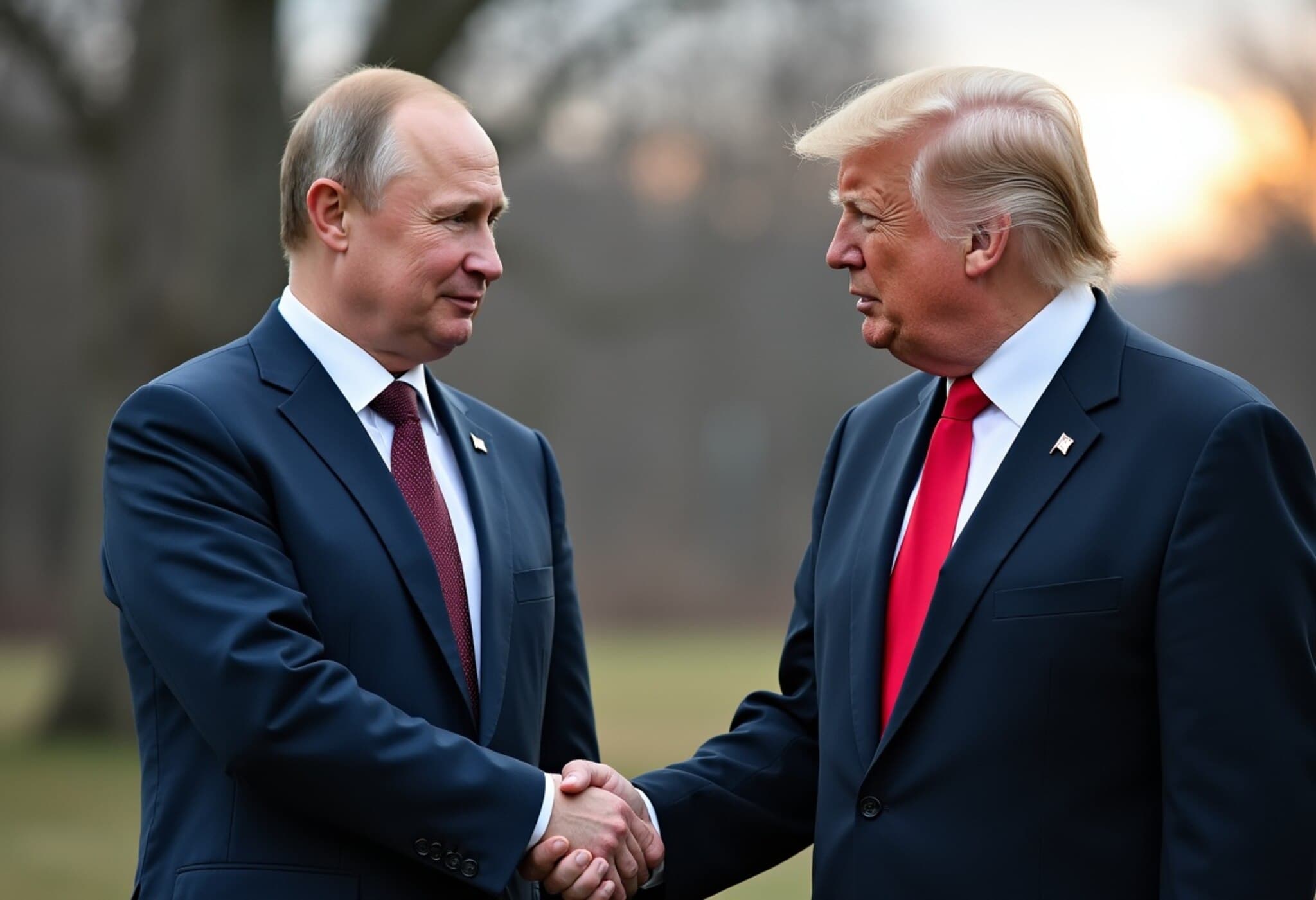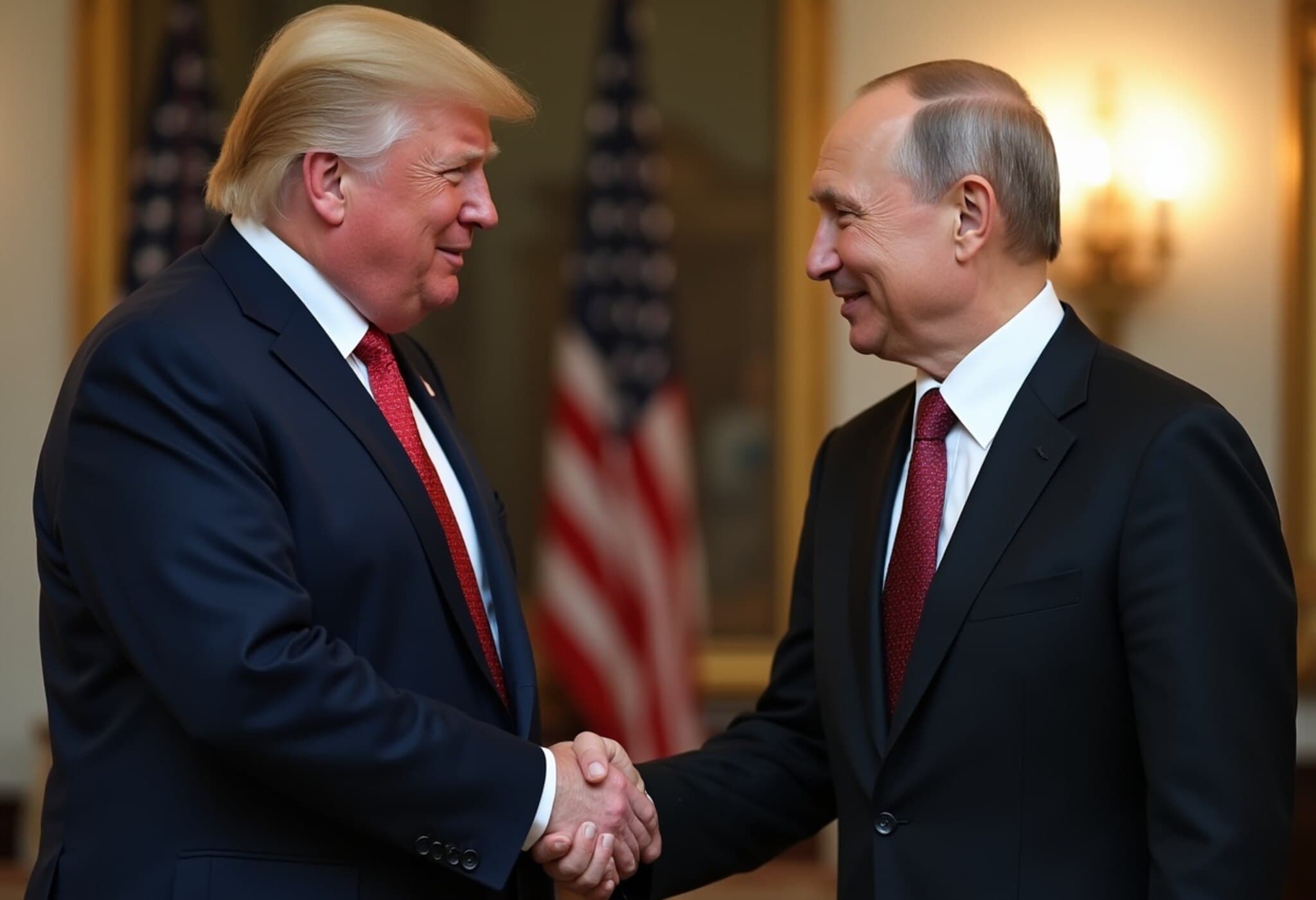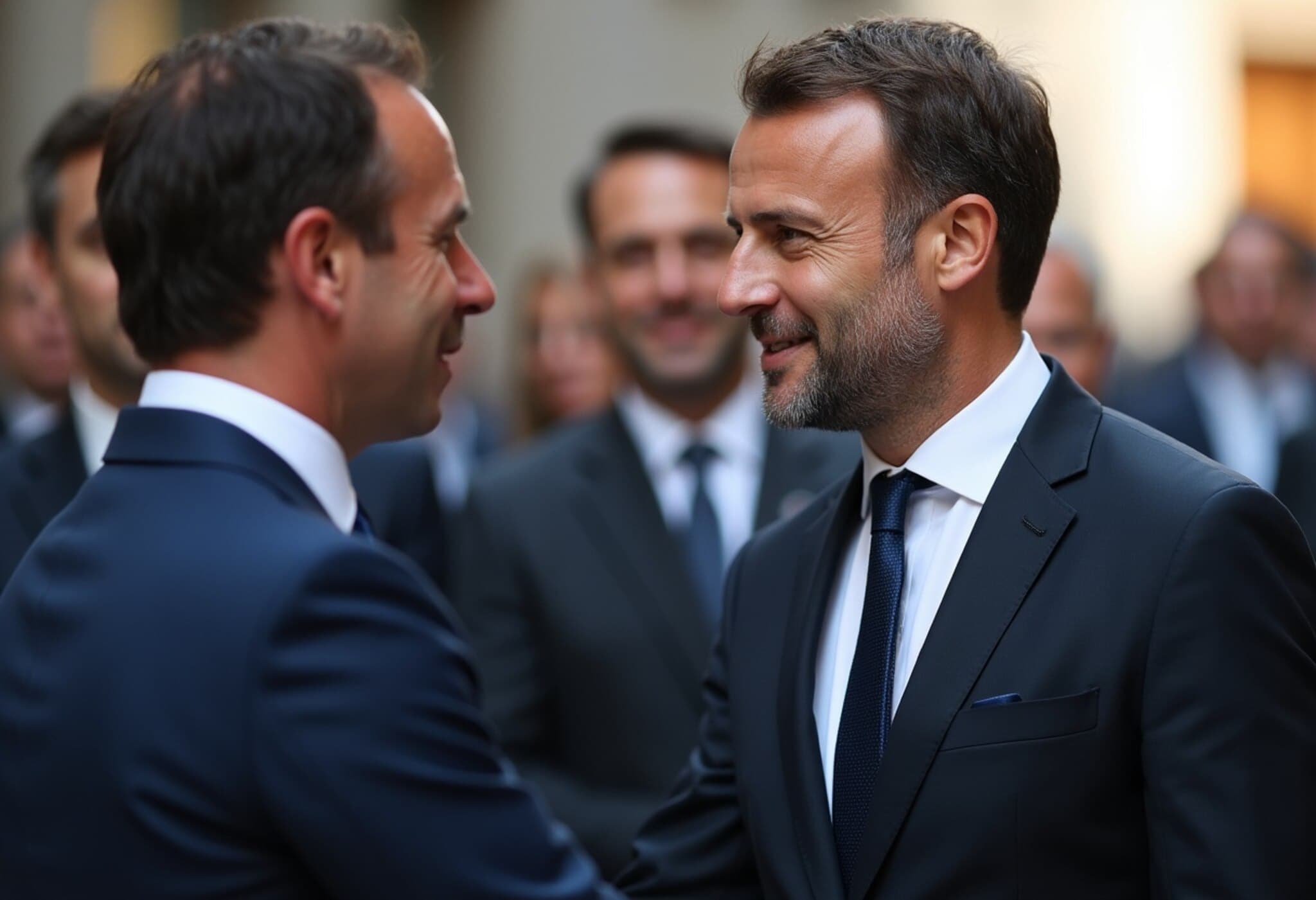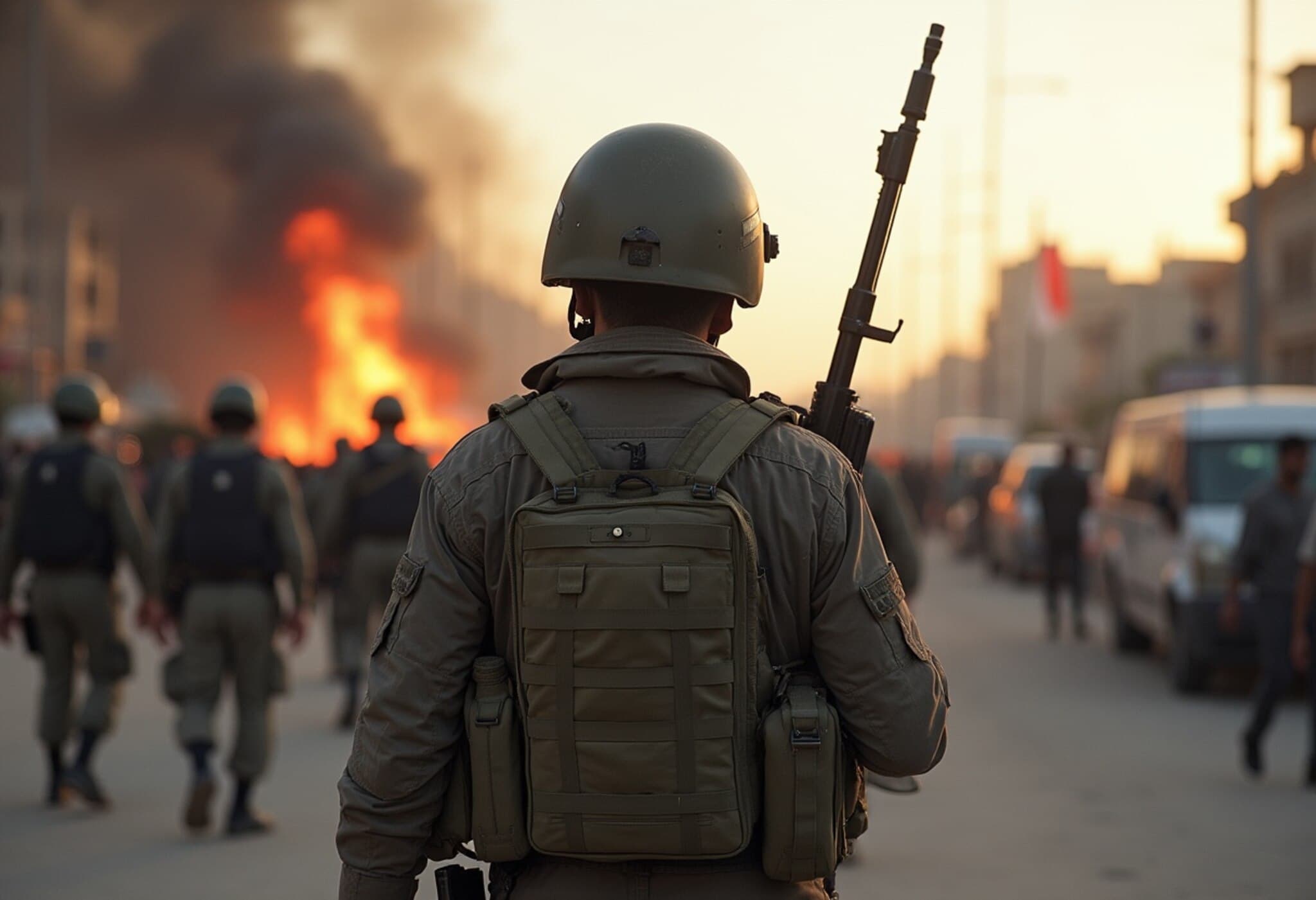US, Russia in Talks for Ukraine Ceasefire Formalizing Putin’s Gains
In a development that could reshape the dynamics of the prolonged conflict in Ukraine, the United States and Russia are reportedly negotiating a truce deal that would effectively solidify Moscow's hold over significant parts of Ukrainian territory captured since Russia's invasion began. This information comes from a Bloomberg report citing insiders familiar with the ongoing diplomatic efforts.
Details of the Negotiations and Potential Summit
According to sources, these discussions are gearing up for a potential summit between President Donald Trump and Russian President Vladimir Putin, which may be scheduled as early as next week. The talks focus particularly on territorial concessions that could freeze current battle lines, especially in the contested Kherson and Zaporizhzhia regions. However, the White House has publicly denied these reports, labeling them speculative and premature.
Territorial Stakes: What’s at Risk for Ukraine?
President Putin currently asserts Russian sovereignty over four Ukrainian regions — Luhansk, Donetsk, Zaporizhzhia, and Kherson — in addition to Crimea, annexed in 2014. Yet, Russian forces do not exert complete control over all these areas, creating a complex battlefield scenario. For Ukraine, any deal confirming loss of approximately 20% of its territorial landmass would constitute a profound political and emotional challenge for President Volodymyr Zelenskyy’s administration.
Perspectives from Kyiv and Its Allies
Ukrainian officials have expressed some openness to negotiating an end to the conflict, underscoring the devastating toll on cities and civilians. Yet, the question remains: can Ukraine reconcile enduring territorial losses with national sovereignty and public morale? Polish Prime Minister Donald Tusk, a staunch supporter of Ukraine, hinted that a "freeze" in hostilities might be within reach, stating after talks with Zelenskyy that there are “certain signals” indicating the possibility of halting active fighting, if not ending the war outright.
US Political Calculus and Sanctions Threats
Since returning to office, President Trump has demonstrated a fluctuating stance towards Russia — at times calling Putin a friend, while at others criticizing Moscow’s aggression. Importantly, Trump has threatened to impose sweeping sanctions on Russia and its trading partners, potentially commencing imminently, unless Putin agrees to a ceasefire. Nonetheless, the imposition of these sanctions might be delayed or withdrawn depending on the outcomes of the prospective summit, underlining how diplomacy and economic pressure are intertwined.
In a sign of ongoing dialogue, Trump’s special envoy, Steve Witkoff, held extended meetings in Moscow last week with Putin, with both sides describing the exchange as constructive.
Wider Implications and the Road Ahead
Should this tentative truce materialize, it would mark a pivotal turning point in the Ukraine conflict, acknowledging realities on the ground while raising profound questions about international law, sovereignty, and long-term regional security. From an American policy perspective, balancing strategic interests with global credibility will be challenging, especially as domestic and allied demands to support Ukraine fiercely remain vocal.
Experts caution that while freezing the conflict may offer temporary respite, addressing the root causes and achieving lasting peace will require more comprehensive negotiations involving Ukraine, Europe, Russia, and the US. Furthermore, any territorial concessions risk emboldening aggression and setting a precedent for resolving conflicts through force.
Editor’s Note
The discussions between the US and Russia highlight the precarious nature of diplomacy amid ongoing conflict. For Ukraine, the stakes are existential – encompassing sovereignty, territorial integrity, and national identity. The international community must grapple with the dilemma of pursuing peace while upholding justice and international norms. As these high-stakes talks unfold, observers must watch for not only the immediate outcomes but also their cascading impact on global stability and the rules-based order.

